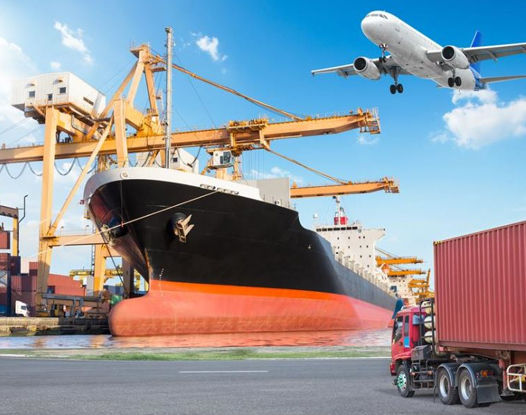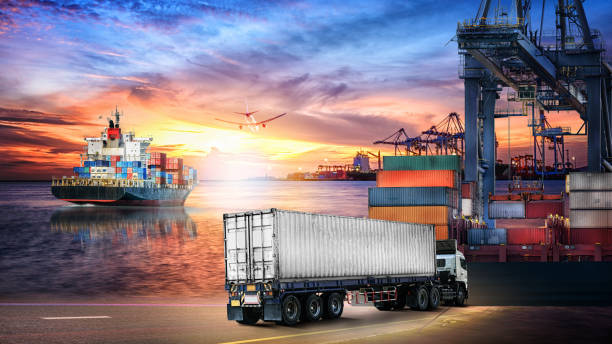Indonesia is the largest archipelago, relies heavily on cargo trips to link its more than 17,000 islands and help support its expanding economic growth. Its extensive geography, spanning hundreds of kilometers over a variety of landscapes and rivers, makes the efficient use of logistics an essential element in nation-wide growth. Cargo journeys in Indonesia play a vital role in the transportation of essential items and facilitating trade between regional areas as well as connecting isolated areas to global markets. From basic essentials to industrial items, the cargo industry ensures that trade is uninterrupted, regardless of the logistical difficulties posed by this vast terrain. The intricate network of connections has been a lifeline to both communities and businesses.
The challenges of logistics the logistics of Indonesia are a result of its distinctive geography, where mountains, oceans and forests create natural obstacles to transport. As a result, sea freight remains the most predominant mode of transport for cargo as Indonesia’s large port network serving as vital ports of entry. Major ports like Tanjung Priok in Jakarta and Belawan in Medan handle significant volumes of international and domestic trade, while smaller ports facilitate transport of goods and services towards remote islands. It is essential to have air transport especially for valuable or time-sensitive cargo, as it ensures rapid transport to all isolated regions. This multimodal approach, combining air, maritime and land transport, can be crucial in overcoming the logistical difficulties in Indonesia and ensuring efficient supply chain performance.
The last few years have seen technological advancements have revolutionized the business of cargo transportation in Indonesia increasing efficiency and transparency. Digital tracking systems allow businesses and customers to keep track of shipping in real-time decreasing uncertainties, and increasing customer satisfaction. Automating and data analytics help logistics companies optimize routes, monitor inventory and predict trends in demand more effectively. In addition, the development of online shopping has had a significant impact on logistics, with businesses expanding their network and investing in delivery options for the last mile to satisfy the needs of online shoppers. Technological advancements are not just reducing the cost of processes but have also helped position Indonesia’s cargo sector as a competitive participant in the international logistics market.

Initiatives by the government have played an important role in addressing the logistical challenges faced by Indonesia and enhancing its capability to transport cargo. Programmes like”Sea Toll Road,” for instance “Sea Toll Road” aim to increase connectivity between islands, reduce logistics costs, and promote an equitable development of the economy. By subsidizing shipping routes and modernizing port infrastructures The government aims to close the gap between urban centers and underserved rural areas. This has had a transformative impact, enabling people living in remote areas to gain access to products and markets as well as encouraging regional economic development. The commitment of the government to strengthen infrastructure underscores the importance of cargo trips in reaching the national goals for development. For more information please visit here Muat
The cargo industry grows, there is increasing focus on sustainability and the reduction of the environmental impact. The industry’s dependence on transport vehicles, ships and airplanes is a major contributor to carbon dioxide emissions as well as the degradation of the environment. In an effort to address this issue logistical issues, companies are adopting green practices, such as investing in energy-efficient vehicles, optimizing delivery routes to reduce fuel consumption, and exploring the use of renewable energy. Recycling and sustainable packaging initiatives are also gaining traction as companies strive to be in line with global environmental standards. They not only reduce environmental impact of the business but also enhance its reputation among environmentally conscious consumers and international stakeholders.
In conclusion, cargo expeditions constitute the core of Indonesia’s economy, enabling the efficient movement of products across a challenging and diverse terrain. The industry’s ability to adapt to geographic, technological, as well as environmental needs ensures its continued relevance in a rapidly evolving market. As Indonesia expands its participation in world trade, the role of cargo operations will continue to grow in importance. By embracing innovation, government support, and sustainable practices, the sector is well-positioned to drive development and improve connectivity throughout the archipelago ultimately bridging islands and the future of opportunities.





